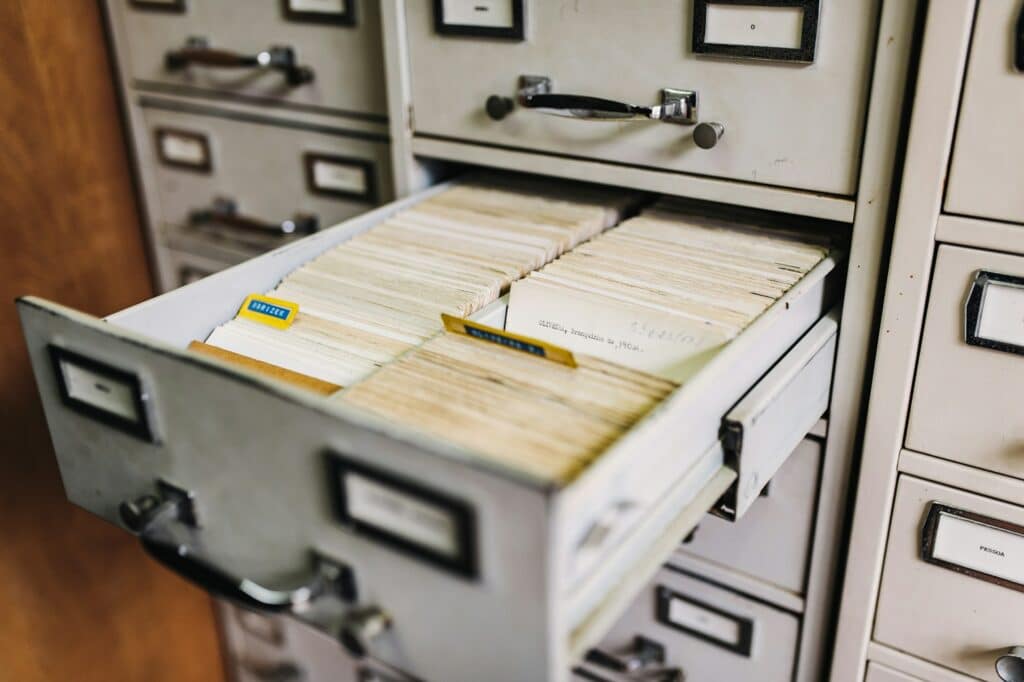Effective documentation is a crucial aspect of confidential waste management in the UK. Properly maintained records ensure compliance with data protection regulations and serve as a valuable resource for audits, legal requirements, and demonstrating a commitment to data security. This article will delve into the best practices for managing documentation related to confidential waste management.
Section 1: The Significance of Documentation in Confidential Waste Management
Documentation plays a pivotal role in maintaining transparency, accountability, and legal compliance in the realm of confidential waste management. It offers a clear trail of actions taken, assists in tracking the lifecycle of confidential waste, and proves compliance with UK data protection laws and regulations1.
FAQ: Why is documentation crucial in confidential waste management?
Answer: Documentation is vital in confidential waste management as it ensures legal compliance, enables the tracking and auditing of confidential waste, and provides evidence of proper handling and disposal procedures.
Section 2: Essential Documents in Confidential Waste Management
Confidential Waste Disposal Policy: A comprehensive policy detailing procedures for securely handling, storing, and disposing of confidential waste.
Record of Confidential Waste: A complete history of each item of confidential waste, including its origin, classification, disposal method, and date of disposal.
Destruction Certificates: Certificates issued by accredited vendors upon the destruction of confidential waste prove that the waste has been securely disposed of.
Training and Awareness Records: Document employee training programmes, attendance records, and certifications to demonstrate compliance and educate staff members about confidential waste management practices.
FAQ: What are the essential documents required for confidential waste management?
Answer: The essential documents for confidential waste management include a confidential waste disposal policy, a record of confidential waste, destruction certificates, and training and awareness records.
Section 3: Document Retention Periods
Establishing and adhering to document retention periods is crucial to ensure compliance and efficient management of confidential waste. Different documents may have varying retention periods based on legal requirements and organisational policies2.
FAQ: For how long should confidential waste management documents be retained?
Answer: The retention periods for confidential waste management documents may vary based on legal requirements and organisational policies. It is important to consult relevant UK regulations and establish retention periods accordingly.
Section 4: Secure Document Storage and Access Controls
Confidential waste management documents should be stored securely to prevent unauthorised access. Implementing physical and digital security measures, such as locked cabinets, access controls, encryption, and password protection, helps safeguard confidential information.
FAQ: How can confidential waste management documents be securely stored?
Answer: Confidential waste management documents can be securely stored by implementing locked cabinets, access controls, encryption, password protection, and restricted access to authorised personnel.
Section 5: Regular Auditing and Documentation Review
Regular auditing and reviewing confidential waste management documentation are crucial to ensure compliance, identify gaps or inconsistencies, and implement necessary improvements. Conducting periodic assessments helps maintain the integrity and effectiveness of the documentation system3.
FAQ: How often should confidential waste management documentation be audited?
Answer: Confidential waste management documentation should be audited periodically to ensure ongoing compliance and identify areas for improvement. The frequency of audits may depend on UK regulatory requirements and internal policies.
Conclusion:
Proper documentation is a cornerstone of the UK’s effective, confidential waste management. By following best practices for records and documentation, organisations can demonstrate compliance with data protection laws, maintain accountability, and establish a robust framework for the secure handling and disposal of confidential waste. Regular review, secure storage, and adherence to retention periods are essential to ensure the integrity and effectiveness of the documentation system4.
Ready to take the next step towards environmentally friendly and secure confidential waste management? Explore our comprehensive range of confidential waste services, designed to meet your unique needs and ensure compliance with data protection regulations.
Visit our homepage to learn more about our company and the solutions we offer. Discover how we can help you streamline your confidential waste management processes while prioritising environmental sustainability.
Explore our confidential waste services page to gain insights into our secure collection, transportation, and disposal methods. Learn about our commitment to recycling confidential waste and our sustainable practices.
Ready to discuss your confidential waste management requirements and explore how we can tailor our services to your specific needs? Contact us today. Our expert team is here to assist you with any inquiries and guide you towards an environmentally conscious and compliant waste management solution.
Make a positive impact on the environment while safeguarding sensitive information. Choose DCW as your trusted partner for confidential waste management.
Footnotes
- Generating Practices: Investigations into the Double Embedding of GDPR and Data Access Policies ↩
- Building an Opt-Out Model for Service-Level Consent in the Context of New Data Regulations ↩
- Data protection, information governance and the potential erosion of ethnographic methods in health care? ↩
- FDA approves new agent for the treatment of metastatic prostate cancer ↩
